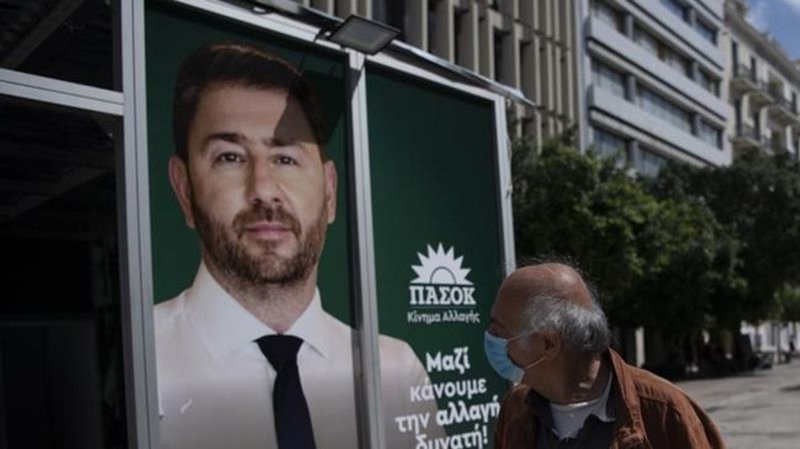
Polls open in Greece’s first election since international bailout spending controls ended
ATHENS, Greece (AP) — Polls have opened in Greece’s parliamentary election, the first since the country’s economy ceased to be subject to strict supervision and control by international lenders who had provided bailout funds during its nearly decade-long financial crisis.
The two main contenders in Sunday’s vote are conservative Prime Minister Kyriakos Mitsotakis, 55, a Harvard-educated former banker, and 48-year-old Alexis Tsipras, who heads the left-wing Syriza party and served as prime minister during some of the financial crisis’ most turbulent years.
Although Mitsotakis has been steadily ahead in opinion polls, a newly introduced electoral system of proportional representation makes it unlikely that whoever wins the election will be able to garner enough seats in Greece’s 300-member parliament to form a government without seeking coalition partners.
The winner of Sunday’s election will have three days to negotiate a coalition with one or more other parties. If that fails, the mandate to form a government is then given to the second party. But deep divisions between the two main parties and four smaller ones expected to enter parliament mean a coalition will be hard to come by, making a second election likely on July 2.


